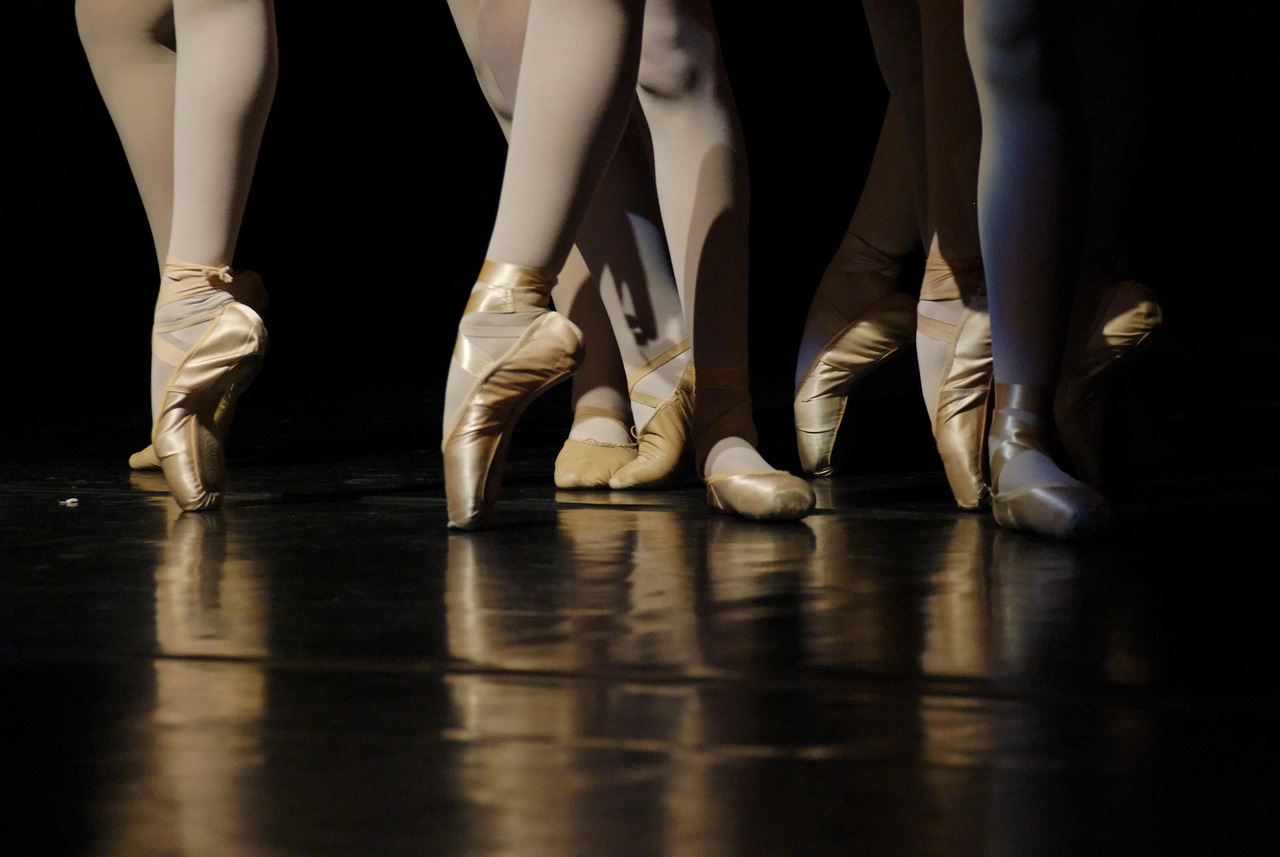New creative arts course responds to sustainability and crises through interdisciplinary projects
 A new interdisciplinary course that brought together perspectives from Visual Arts, Theatre, Film, and Media Arts resulted in a variety of innovative responses in the form of student projects.
A new interdisciplinary course that brought together perspectives from Visual Arts, Theatre, Film, and Media Arts resulted in a variety of innovative responses in the form of student projects.
SoCA 401, Critical Theory for Creative Arts, was taught for the first time ever by Anna Griffith, an assistant professor in Theatre, in Fall 2022. with a focus on using arts to respond to crises.
Students worked in interdisciplinary teams for the entire semester on problems such as post-pandemic community, human-nature relationships, attention and technology, and the role of arts in a circular economy. Guided by Griffith, they worked through a scaffolded process to research their problem from multiple disciplines, analyze that data in an interdisciplinary way, and transform their findings into an arts-based transdisciplinary project.
Simultaneously the class explored theoretical material related to ways of seeing and aesthetics, critical theory, pluriversality, ethical relationality, futures thinking, and more. The class applied each theoretical lens to their projects to help them refine and clarify their work and presented their projects to an invited audience at the end of the term.
Projects included a board game called Surviving the Pandemic: Work Edition; an installation that integrated a sculpture created from used disposable coffee cups (https://www.instagram.com/earth.coexist/); a boardgame requiring players to become geo-political forces making decisions about natural resources; a video game concept promoting mental health, self-care, and individuality; a satirical promotional video interrogating wearable technology; a collaboratively played sculpture game; and a short book titled The Young Artist’s Guide to the Circular Economy, which suggests ways various artistic disciplines can embrace, support, and profit from a circular economy. The class took up the challenge of how arts and humanities can create a more just and sustainable world and developed projects that were exciting, rigorous, and very well done.
UFV SoCA student Cobi Timmermans and her team analyzed the post-covid community of the student body, and the inequities faced through digital learning during the pandemic lockdowns. They created an interactive game, Dismantling Colonial Structures to Conceptualize New Educational Possibilities (2022), which demonstrated an iterative cycle where one structure was broken down and a new structure was collectively built. It was dependent on verbal communication and the different perspectives of multiple participants, highlighting the importance of pluriversality when creating new, sustainable systems that will benefit a diverse range of users. Their transdisciplinary artwork addresses the broader issue of inequity within the education system and provides a model for possible solutions.
“SoCA 401 was one of the most impactful courses I have taken at UFV,” noted Timmermans. “I was introduced to new ways of learning, perspectives, and theories in a comprehensive, collaborative, and engaging class. By creating land art around the campus and visiting it once every few weeks, we were encouraged to reflect on our perspectives and assumptions about the world around us, as well as our roles within it. The course taught me that the creative arts are integral to making long-lasting, impactful changes in the world, and that creative thinking and solutions can be applied to any job or problem. Anna inspired her students to believe that they are the future and are capable of great things.”





